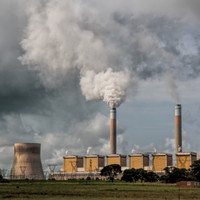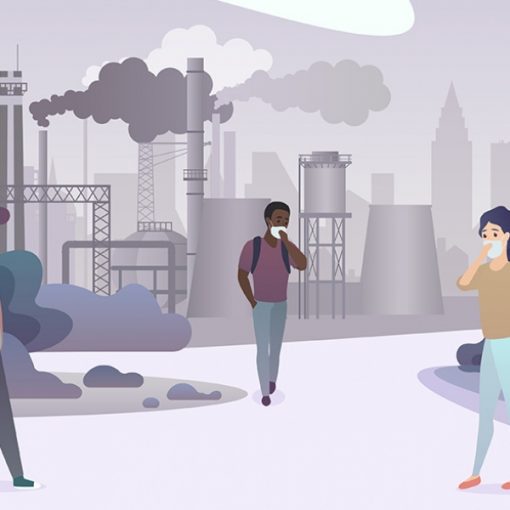
Our spring symposium focuses on coal ash – how safe is it and how should we manage it?
What are the environmental risks of coal ash and how are they typically managed at coal plants? Are there health effects associated with exposure to coal ash? What should be done to manage this abundant waste stream and ensure that local communities do not suffer any adverse consequences?
Join us for this day-long event on March 25th where our panel of speakers will address these questions. The day’s sessions are:
- Environmental chemistry & risks of coal ash
- Health risks of coal ash
- Remediation & management of coal ash
- Policy, law, and community impacts
Speakers include:
- Zhen Wang, PhD Candidate, Duke University
- Ellen Cowan, PhD, Appalachian State University
- Kristina Zierold, PhD, The University of Alabama at Birmingham
- Julia Kravchenko, MD, PhD, Duke University School of Medicine
- Shea Tuberty, PhD, Appalachian State University
- Chin-Min Cheng, PhD, PE, The Ohio State University
- Rachel Landman, Raftelis
- Lisa Evans, Senior Counsel, Earthjustice
- Ruth Santiago, Community Lawyer, Comité Diálogo Ambiental
- Caroline Rutledge Armijo, The Lilies Project
Pre-registration is REQUIRED to attend (virtual or in-person options available), free, and open to all. Visit the symposium website for more details: https://bit.ly/coalashmarch25
This symposium is supported in part by the National Institute Of Environmental Health Sciences of the National Institutes of Health under the Duke University Superfund Research Program (award P42ES010356) and the Duke University Program in Environmental Health (award T32ES021432). Symposium content is solely the responsibility of the speakers and does not necessarily represent the official views of the National Institutes of Health.
This symposium is also supported in part by the Duke Environmental Health Scholars Program. Symposium content is solely the responsibility of the speakers and does not necessarily represent the official views of the Environmental Health Scholars Program.



